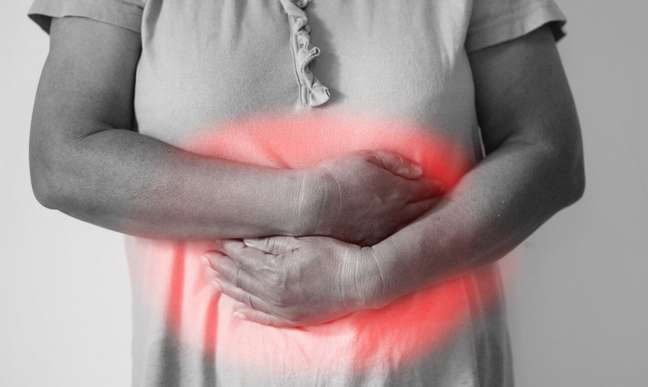The nutritionist explains how gut-related factors contribute to excessive weight gain. He finds out how to avoid obesity

Obesity greatly increases the risk of developing various diseases. The condition can lead to, for example, diabetes, hypertension, sleep apnea, thrombosis and menstrual disorders, as well as cardiovascular problems and various types of cancer. Therefore, obese people have a health that is considered more fragile.
Nutritionist Alice Coca, who works at UBS Jardim. Paranapanema, managed by CEJAM – Center for Studies and Research “Dr. João Amorim”, in collaboration with the San Paolo Municipal Health Department, warns of the main intestinal factors that can increase the risk of excessive weight gain.
Bowel problems leading to obesity
Obesity can derive both from a genetic predisposition and from the consequences of poor eating and living habits, emphasizes the expert. A sedentary lifestyle and excessive consumption of high-calorie foods, for example, lead to the accumulation of fat in the body. “These calories, in turn, are higher than what the body uses to maintain and carry out daily activities,” he explains.
Among the intestinal factors that can lead to obesity, the nutritionist highlights the constipation, which can be aggravated by inadequate nutrition and low fiber intake. “The problem causes the proliferation of harmful bacteria, which increases the craving for carbohydrate-rich and extremely sweet foods,” she points out. According to Alice, these bacteria can lead to intestinal malfunctions.
The practitioner also points out that even the low intake of water and fiber can contribute to the so-called intestinal hyperpermeability, a problem in which harmful substances are easily absorbed by the body. This generates inflammation in the organ and contributes to stomach diseases and pains.
The nutritionist says that there is no right age when intestinal factors are more frequent. However, due to the increase in the intake of ultra-processed and industrialized foods by the child population, they can always appear earlier, especially in the female population, warns the expert.
Additionally, diarrhea, excess gas, and a craving for sweets and carbohydrates in general can be clues to intestinal factors and lead to obesity.
How is obesity diagnosed?
Alice explains that the diagnosis of obesity is clinical and based on body mass index (BMI). “BMI is widely used to assess obesity at the population level. However, when it comes to individual assessment, it should always be a complementary parameter to full assessment. This, in turn, includes abdominal circumference and anthropometric assessment. which controls skin folds and other body circumferences, “he explains.
Individual assessment is also important for estimating muscle mass, as weight is not only made up of fat, but also muscle, bone and water, adds the practitioner.
Prevention
According to Alice, being overweight does not necessarily indicate that a person is fat and in poor health. However, a professional’s evaluation is very important. In addition to physical problems, obesity can also affect emotional and psychological health, as obese people can develop low self-esteem and depression.
“The best way to prevent obesity is from the awareness of the importance of a healthy life. For this reason, parents should teach and set an example to their children on the importance of a period dedicated to the practice of physical activities, as well as of a balanced diet, based on healthy foods, preferably natural or minimally processed, able to avoid intestinal factors and, consequently, obesity “, he concludes.
+The best content in your email for free. Choose your favorite Earth Newsletter. Click here!
Source: Terra
Benjamin Smith is a fashion journalist and author at Gossipify, known for his coverage of the latest fashion trends and industry insights. He writes about clothing, shoes, accessories, and runway shows, providing in-depth analysis and unique perspectives. He’s respected for his ability to spot emerging designers and trends, and for providing practical fashion advice to readers.







